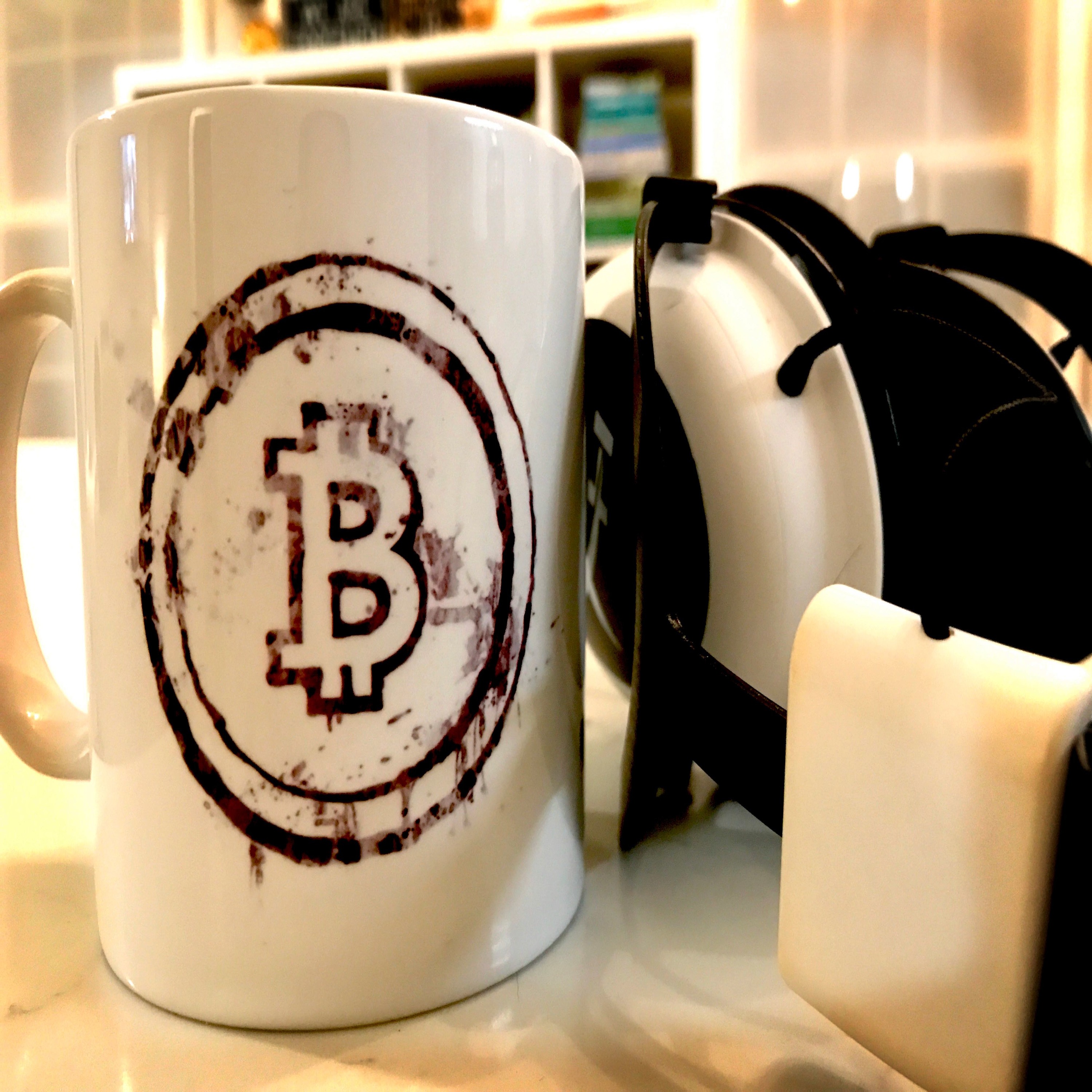We make claims about Bitcoin's assurances all the time. It is censorship resistant, it's open and permissionless, it's counterfeit proof, etc. But are these things entirely true? When someone wants to acquire, use, or validate Bitcoin, how well do the claims match reality?
Today we cover another great article from @nic_carter titled: "Unpacking Bitcoin's Assurances." Don't forget to follow Nic on Twitter and Medium, and drop some applause on the original article at the link below:
https://medium.com/@nic__carter/unpacking-bitcoins-assurances-a3c98824d3f0
Mentioned again because it always seems to come up in discussion, the great piece by @hasufl and @zhusu about Bitcoin as an independent system for property rights:
https://anchor.fm/thecryptoconomy/episodes/CryptoQuikRead_225---Bitcoin--the-Promise-of-Independent-Property-Rights-e3j6b8
If you love the show and would like to support and get access to the exclusive Cryptoconomy telegram group, become a patron below!
https://www.patreon.com/thecryptoconomy

Is Lightning the TCP/IP of Bitcoin? An analogy that breakdowns the scaling implications and understanding of how layers will build the future we envision...

"These pioneers are akin to the Bitcoiners who showed up post-Mt. Gox, through to the Class of 2020. These are the individuals who saw...

"While it was pretty difficult for him to take over the very decentralized process of people exchanging gold nuggets, there are now a few...